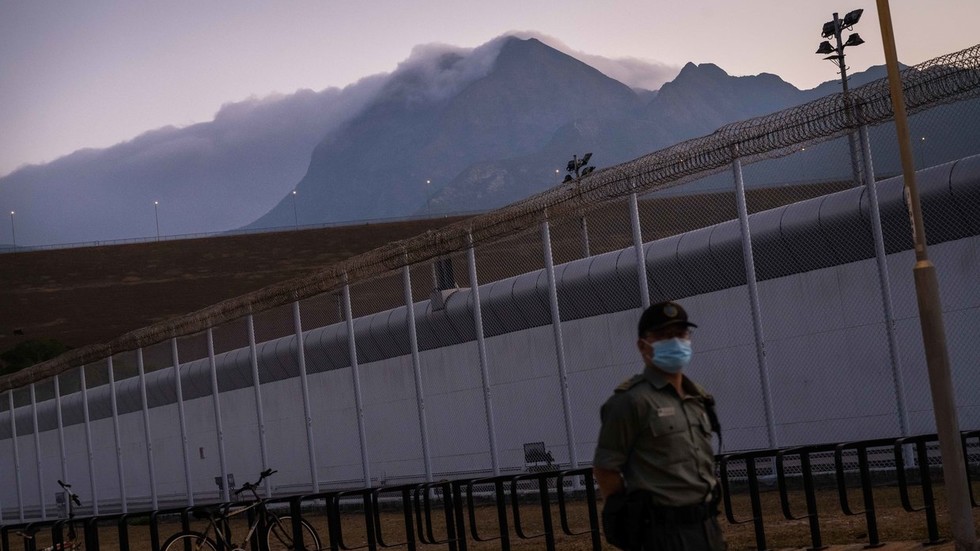China has recently executed a former official, Li Jianping, who was convicted of engaging in extensive corruption, amounting to more than 3 billion yuan (approximately $412 million). This execution is part of a larger anti-corruption initiative orchestrated by the central authorities in Beijing. Li, who previously served as the secretary of the Communist Party working committee for the Hohhot economic and technological development zone, was found guilty of various serious offenses, including bribery, misuse of public funds, and collusion with criminal organizations. Initially sentenced to death in September 2022, his case was firmly upheld by the Supreme People’s Court after he lost his appeal this past August, leading to the execution being carried out on Tuesday.
The details surrounding Li’s crimes reveal a complex web of corruption. Authorities established that he misappropriated over 1.437 billion yuan ($197 million) from state-owned company funds through deceitful strategies, leaving over 289 million yuan ($39.6 million) unrecovered. Furthermore, he accepted bribes exceeding 577 million yuan ($79.2 million) in exchange for favorable decisions and embezzled more than 1.06 billion yuan ($137 million) in public funds, with an unrecovered amount of more than 404 million yuan ($55.4 million). This scale of corruption underscored the need for stringent measures to root out graft within China’s governmental systems.
Li Jianping’s case illustrates the intensity of China’s ongoing anti-corruption crackdown, a campaign that gained momentum under President Xi Jinping after he secured his third term in office in 2022. The campaign has seen numerous high-profile figures, including billionaires and senior bankers, either expelled from the Communist Party or imprisoned due to allegations of corrupt practices. This trend reflects a concerted effort by the government to restore public trust and accountability within the political landscape, an issue that has plagued China for years.
Another notable case in the context of this anti-corruption drive is that of Liu Liange, the former chairman of the Bank of China, who was sentenced to death with a two-year reprieve after being found guilty of accepting bribes totaling nearly $17 million and illegally facilitating loans. His case exemplifies the complex decision-making in Chinese courts, where sentences can be adjusted based on the individual’s cooperation with investigations and expressions of remorse. Should he refrain from further criminal activity during the reprieve, he would serve a life sentence instead of facing immediate execution.
Despite the notable public support for the anti-corruption campaign, skepticism exists regarding its underlying motivations. Critics argue that the crackdown serves a dual purpose; while it aims to eradicate corruption, it is also seen as a strategic maneuver by President Xi Jinping to consolidate his power. By removing high-ranking officials and influential figures who may pose threats to his authority and replacing them with loyal supporters, the president may effectively fortify his grip on power within the Communist Party and governmental institutions.
In conclusion, the execution of Li Jianping is emblematic of the intensified anti-corruption efforts in China, showcasing the severe consequences faced by those in high office who exploit their positions for personal gain. Such actions resonate throughout the political environment, as officials and the public alike reckon with the importance of integrity in governance. However, the debate surrounding the motives and outcomes of these anti-graft measures continues, underscoring the complex relationship between power, accountability, and reform in contemporary Chinese society.

